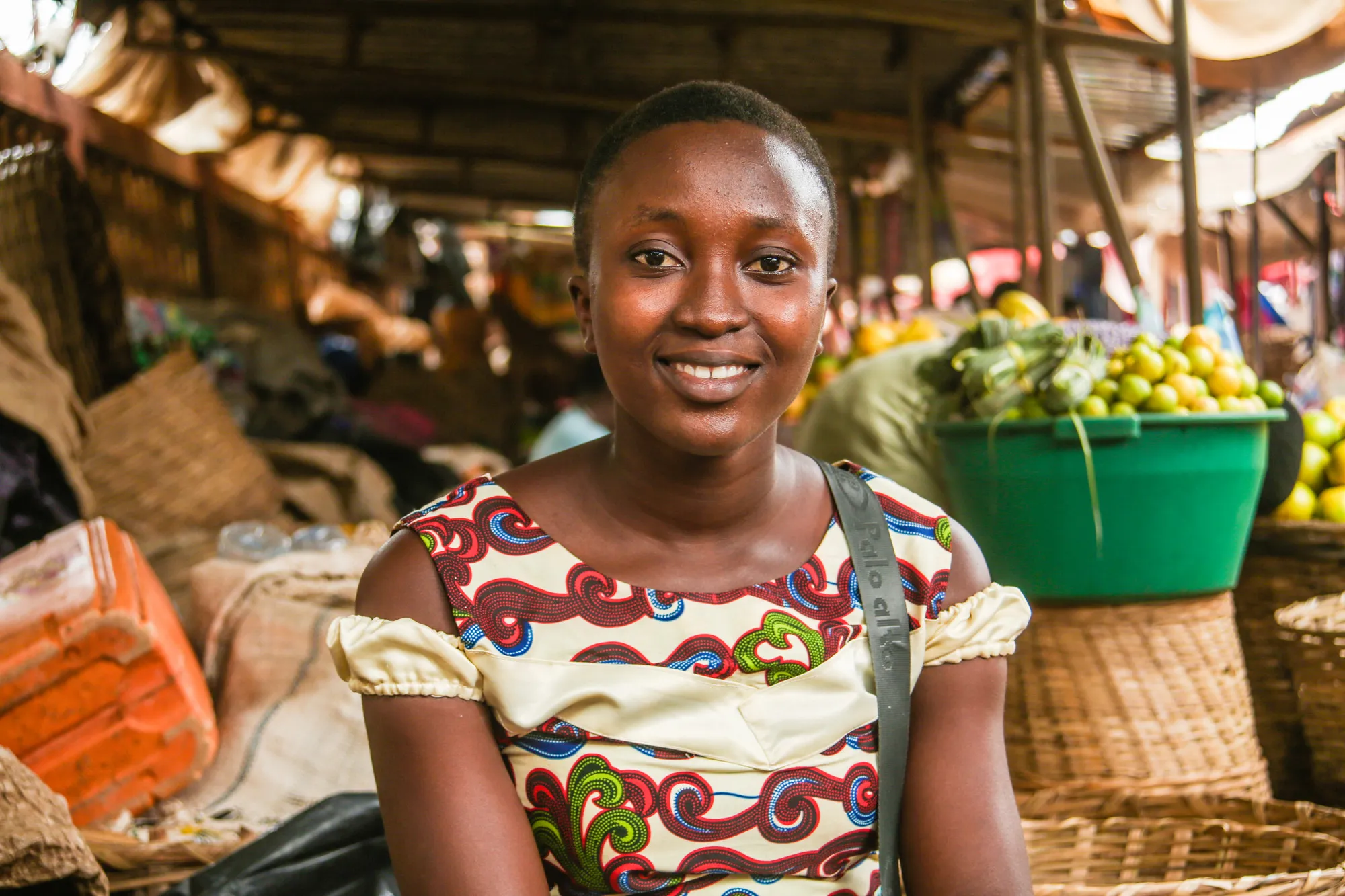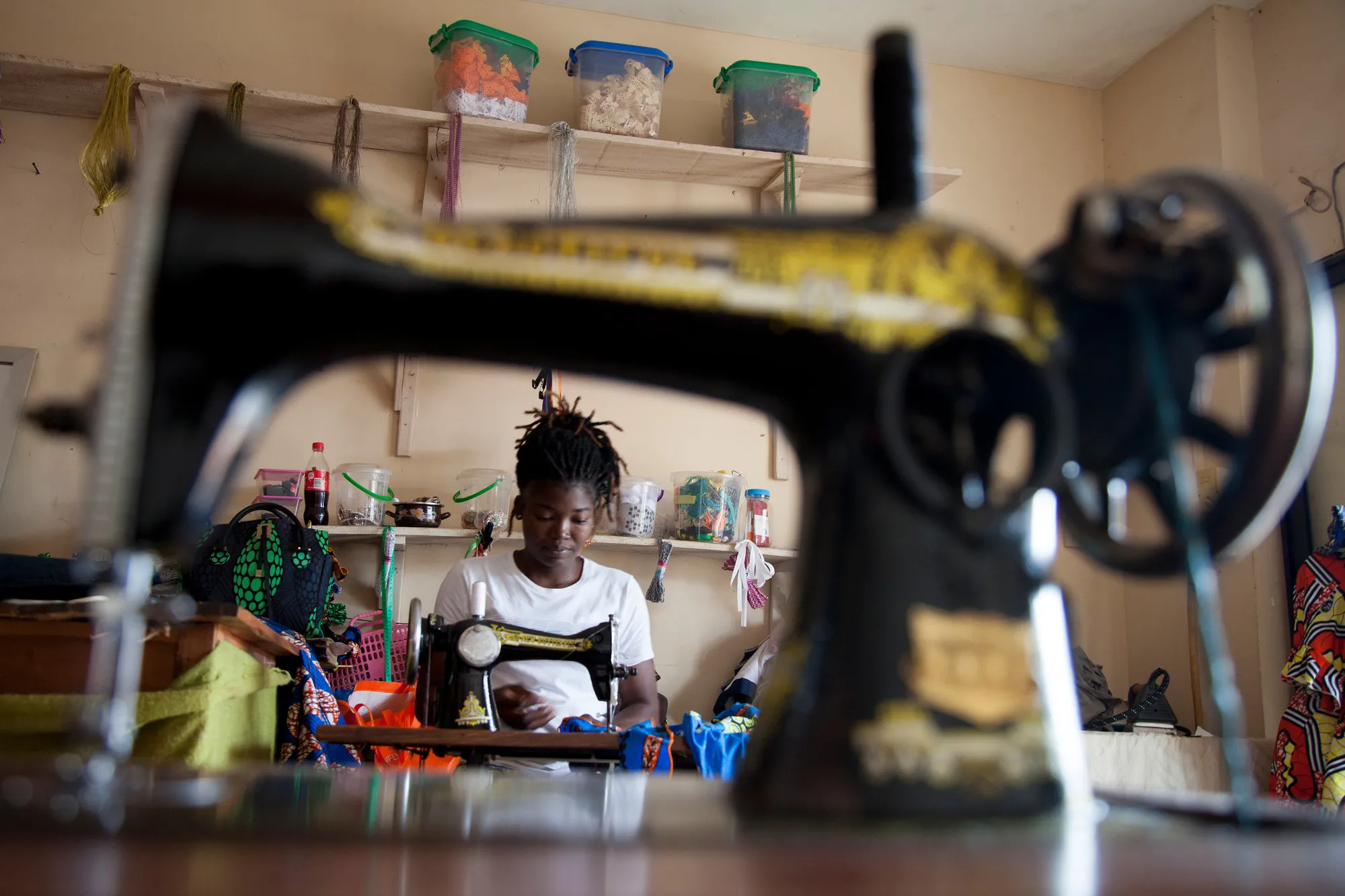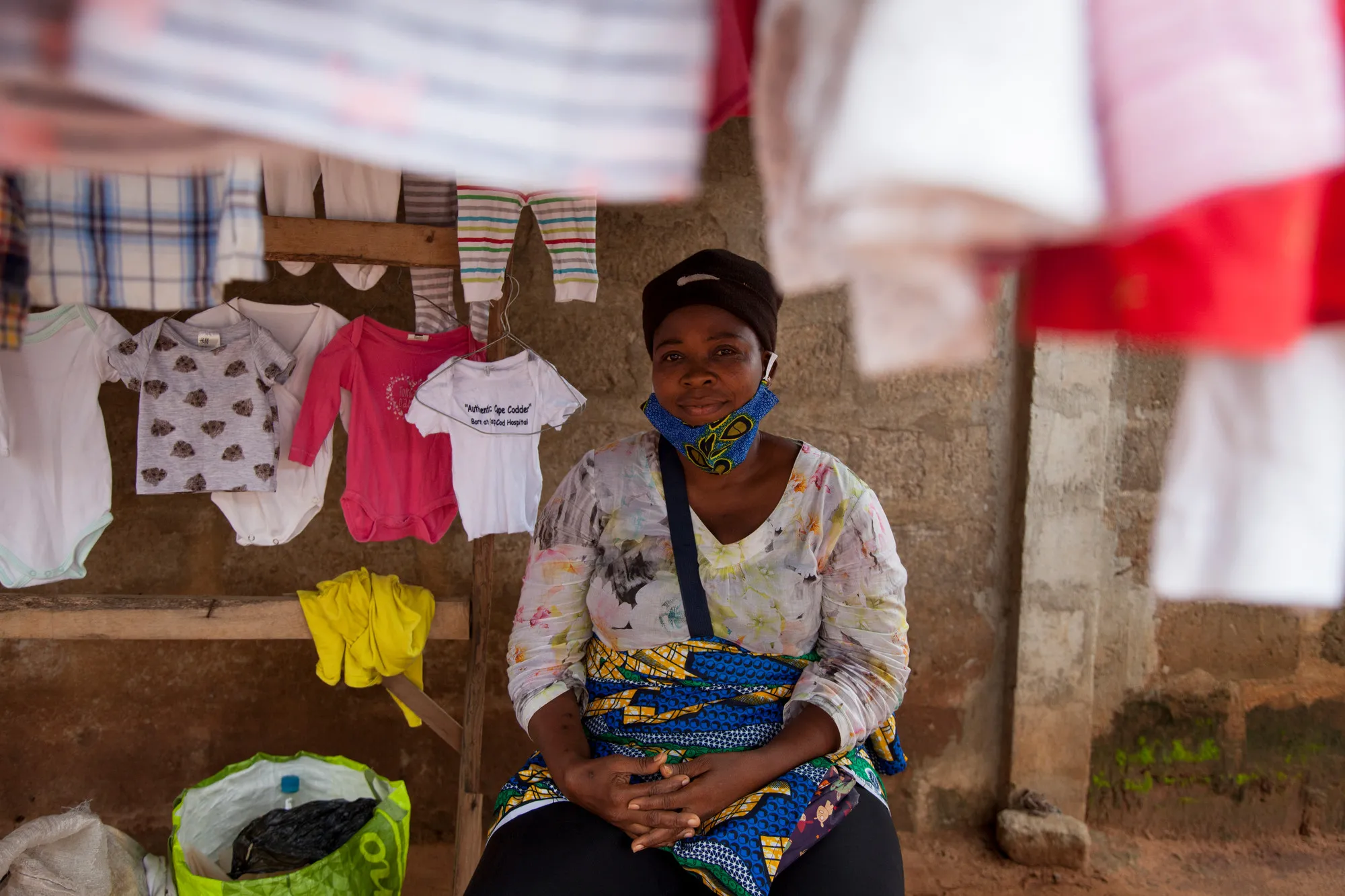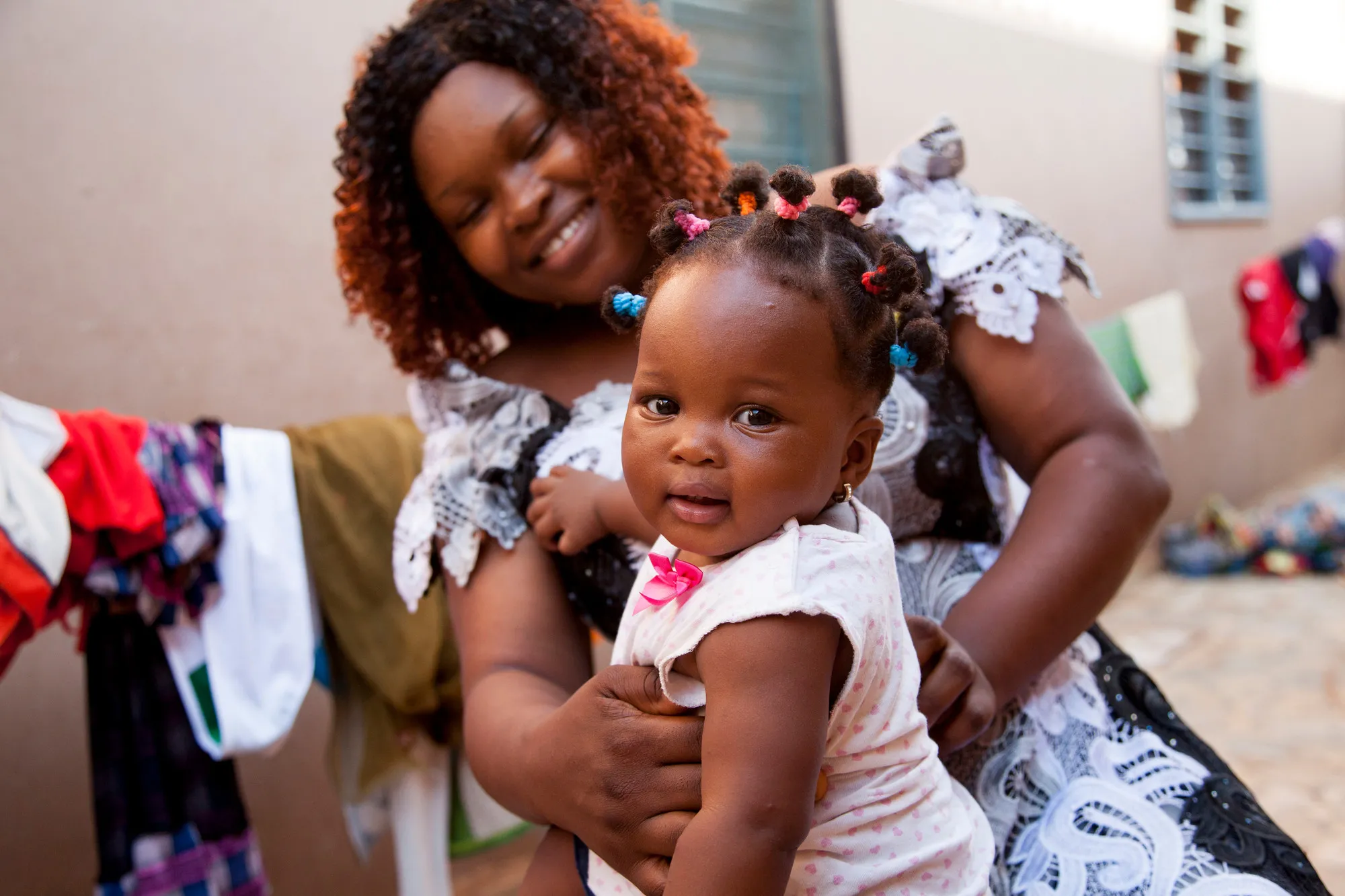Professional photography and photojournalism remain male-dominated industries across much of the world. In summer 2020, CARE commissioned five women from different West African countries to document the impact of COVID-19 on their communities, especially on women and young people. They set out to tell the stories they felt were most important, in their own words. They highlighted the specific impact of the pandemic on some of the most vulnerable communities in their countries, such as informal workers, the elderly and young people.
These photos offer a snapshot into coronavirus’s impact on every aspect of people’s lives: from schooling to business in Benin, Cote d’Ivoire, Ghana, Sierra Leone and Togo and the ways they are adapting to cope.
Benin
“My name is Laeila Adjovi, in my day job I’m a radio and TV journalist. I’ve always been a photographer on the side, and it has become an increasingly important part of my life over the last few years – especially photojournalism and documentary photography, as well as a bit of fine art photography. I hope these photos show how these women have been able to adapt in the face of COVID-19. They show the resilience they have as well as the effect the epidemic has had on their every-day lives and businesses and their personal lives as women and mothers. It was a very enriching experience.”
















